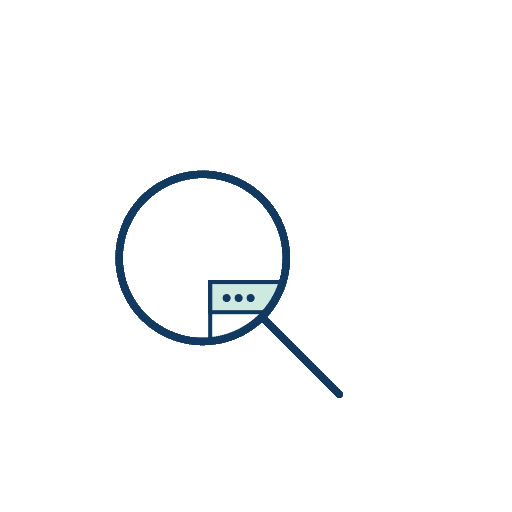이전에 학습한 내용을 바탕으로 앞으로 학습할 내용에 영향을 끼치는 것
Low level to high level
- 문법 학습
Sequence learning
In cognitive psychology, sequence learning is inherent to human ability because it is an integrated part of conscious and nonconscious learning as well as activities. Sequences of information or sequences of actions are used in various everyday tasks: "from sequencing sounds in speech, to sequencing movements in typing or playing instruments, to sequencing actions in driving an automobile."[1] Sequence learning can be used to study skill acquisition and in studies of various groups ranging from neuropsychological patients to infants.[1] According to Ritter and Nerb, “The order in which material is presented can strongly influence what is learned, how fast performance increases, and sometimes even whether the material is learned at all.”[2] Sequence learning, more known and understood as a form of explicit learning, is now also being studied as a form of implicit learning as well as other forms of learning. Sequence learning can also be referred to as sequential behavior, behavior sequencing, and serial order in behavior.
https://en.wikipedia.org/wiki/Sequence_learning

 Seonglae Cho
Seonglae Cho